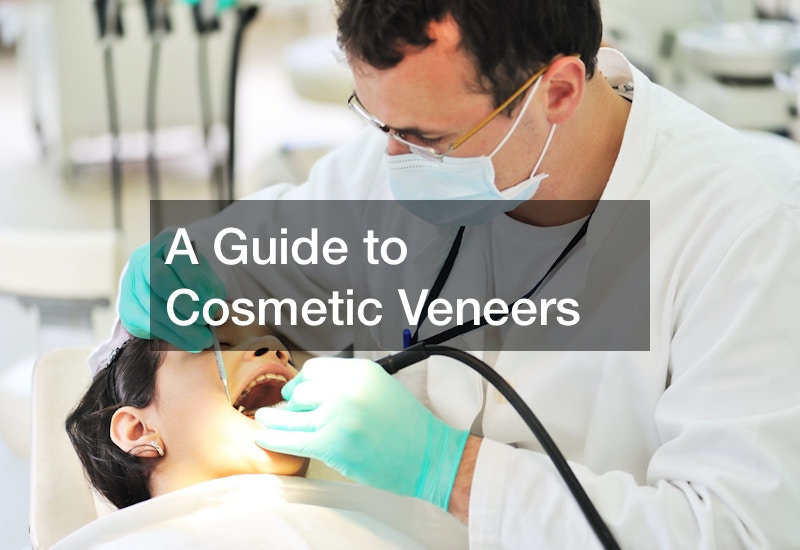

Cosmetic veneers, also known as dental veneers, are thin shells of tooth-colored material that are placed on the front surface of the teeth to improve their appearance. They can provide several benefits, including a brighter, more attractive smile, improved tooth alignment and symmetry, and increased confidence and self-esteem. However, they do require some maintenance and care, such as regular brushing and flossing and avoiding certain foods and habits that can damage the veneers.
There are 3 types of cosmetic veneers: porcelain veneers, composite veneers, and no prep. Porcelain veneers are the most commonly used type of veneer. They are made from a thin layer of dental porcelain that is custom-made to fit over the front surface of the teeth. Porcelain veneers are durable, stain-resistant, and have a natural-looking appearance that closely resembles that of natural teeth. While, composite resin veneers, on the other hand, are made from a tooth-colored composite resin material that is applied directly to the teeth and shaped to achieve the desired appearance. No prep veneers, on the other hand, are a type of cosmetic veneer that requires little to no removal of tooth enamel before placement. No-prep veneers are made from thin layers of porcelain or composite resin that are bonded directly to the teeth without the need for extensive preparation. However, they are not as durable or long-lasting as traditional veneers and may not be able to correct more significant dental issues.
.







